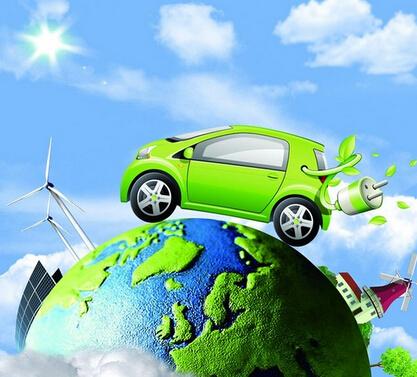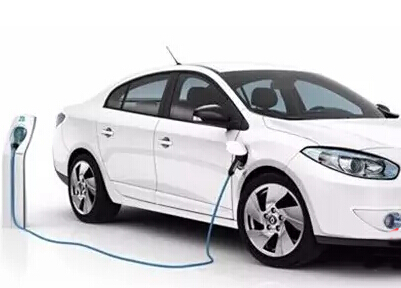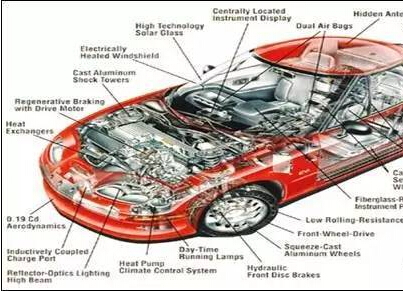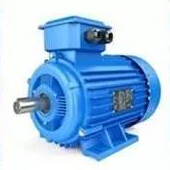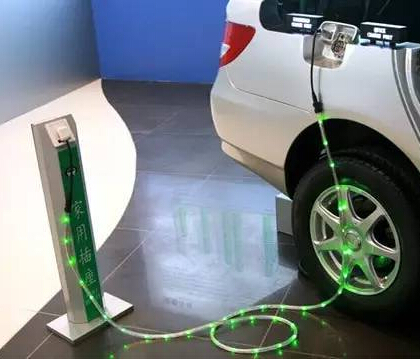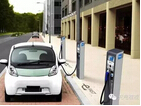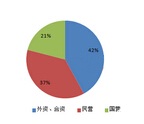The power of new energy vehicles comes from electronic or hydrogen fuels. There is no burning of fossil fuels during use, and it will not pollute the environment. Therefore, it has been encouraged and supported by governments around the world. Get up and see!

01 Production and sales spiraled up
At present, China's new energy vehicle production and sales scale leads the world. In the past three years, it has become the world's largest country in terms of new energy vehicle production and sales, with cumulative production and sales exceeding 1.8 million vehicles.
Among them, the production and sales of China's new energy vehicles in 2018 reached 794,000 and 777 thousand, respectively, an increase of 53.8% and 53.3% year-on-year, and the market share was 2.7%, an increase from the previous year. 0.9 percentage point
Although questioning is inevitable, with the support of policies, the trend of new energy vehicles has been set and will only continue to move forward. Judging from the data, China's new energy vehicle market demand has spiraled upwards, with 500,000 units in 2017 and 800,000 units in 2018, while it is expected to reach more than 1 million units in 2019 and 2 million units in 2020.
The small production and sales target of 1 million has a significant meaning for China's new energy vehicle industry. If it is achieved, it means that the new energy vehicle industry chain can begin to support the scale of millions of orders.
02New Energy Vehicle Industry Changes
The new energy vehicle industry pattern is taking shape. Traditional automobile companies such as GAC, BAIC, BYD, and Geely are leading the way. At the same time, new car-making forces represented by Weilai, Weimar, and Xiaopeng are entering the capital and technology decisively, taking a completely different path.
Accelerating the transformation of traditional car companies
In 2019, BYD's new energy vehicle global coverage cities will be expanded from 200 to 400, with the main promotion of micro electric vehicles below 100,000 yuan. In addition, BYD will add 30,000 charging facilities next year.
BAIC New Energy released the Optimus Prime Plan, which is planned to be launched in Beijing, Xiamen, Guangzhou and other cities from 2019 to 2022. It will set up public travel operation platforms and energy storage operation and maintenance platforms in cities, and build 1,000 power stations. 100,000 vehicles in operation.
Geely will develop multiple electric models, hybrid models and plug-in hybrid models, and plans to launch more than five new energy models in 2019.
New power of car financing to build factories
Weilai Automobile has raised 14 billion yuan in financing and is preparing to build a Shanghai production base. Weilai Automobile has hired eight banks, including Morgan Stanley and Goldman Sachs, to prepare for listing in the United States this year. It is reported that the size of the IPO is about 1 billion to 2 billion US dollars. In terms of factories, Weilai Automobile has started to build a production base in Jiading District, Shanghai, with a planned land area of about 800 acres.
Weimar Automobile plans to gradually launch to the market at a rate of more than one new car per year starting from 2019. The first batch of production vehicles of Weimar Motors will be launched in the middle of this year. The new vehicles will be equipped with Baidu Apollo system, priced at about 200,000 yuan, and a mileage of up to 450 kilometers under comprehensive conditions.
The situation of the new energy automobile industry is changing. Whether it is the acceleration of the transformation of the traditional car companies or the financing of new plants by the new forces, it will promote the new energy automobile industry to a new prosperity.
03Share car has a bright future and hidden dangers
Having experienced the prosperity and winter of bicycle sharing, the advantages and hidden dangers of sharing are self-evident. At present, most of the time-sharing rental cars on the market are new energy vehicles. Although they are attracted by borrowing and free control, the number of charging piles does not match the number of shared cars and the lack of return points, leading to industry operating efficiency. Low, the convenience of car sharing is insufficient.
















 RCCN WeChat QrCode
RCCN WeChat QrCode Mobile WebSite
Mobile WebSite